This post contains affiliate links, which means I will make a commission at no extra cost to you should you click through and make a purchase. As an Amazon Associate I earn from qualifying purchases.
Gardening is so therapeutic and a great way to cut your budget. That's why this list of Ultimate Gardening for Dummies Tips for a Backyard Garden is going to be life changing. Getting out and digging in the dirt to build your garden is going to totally change your life.

Gardening for Dummies: Essential Tips for Beginners
Gardening can seem intimidating to beginners, especially when you’re confronted with a sea of technical terms, tools, and different plant varieties. However, with the right guidance and a few simple strategies, even a novice gardener can cultivate a lush, thriving garden. Whether you're planting flowers, herbs, or vegetables, the key to success lies in proper planning, care, and patience.
In this article, we'll cover the best beginner gardening tips to help you get started, covering essential topics such as soil preparation, watering techniques, plant selection, and much more.
1. Start Small and Simple
One of the most common mistakes beginners make is biting off more than they can chew. Large gardens can be overwhelming, and tending to them can quickly become a chore if you're not prepared.
- Tip: Start with a small garden bed or even container gardening. This will allow you to learn the basics and build confidence as you gradually expand your garden.
- Recommended Size: A garden bed of around 3x3 feet is ideal for beginners.
- Container Gardens: If you have limited space, try growing plants in pots or containers. Herbs, tomatoes, and small flowers like marigolds thrive in containers.
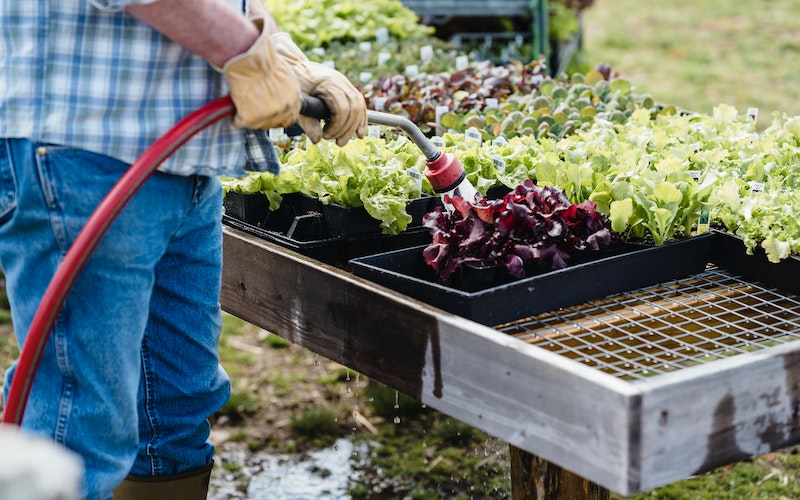
2. Choose the Right Plants
Not all plants are beginner-friendly. Some require a lot of maintenance, special soil, or unique growing conditions. As a beginner, it’s best to select hardy plants that are easy to care for and resistant to pests and diseases.
- Tip. Look for plants labeled "low-maintenance" or "beginner-friendly." Some excellent starter plants include:
- Vegetables: Lettuce, radishes, carrots, tomatoes
- Herbs: Basil, mint, rosemary, chives
- Flowers: Marigolds, zinnias, sunflowers
- Know Your Zone: Plants thrive in different climates. Be sure to research your USDA Hardiness Zone to choose plants suited to your region.
3. Understand Soil Basics
Soil quality is one of the most important factors for a healthy garden. Rich, well-draining soil helps plants access the nutrients they need for optimal growth.
- Tip: Invest in a soil testing kit to check your soil’s pH and nutrient levels. Ideal garden soil is typically loamy, well-draining, and slightly acidic (pH between 6.0 and 7.0).
- Improving Your Soil: You can amend poor-quality soil by adding organic matter such as compost, peat moss, or well-rotted manure. This will improve soil structure, fertility, and drainage.
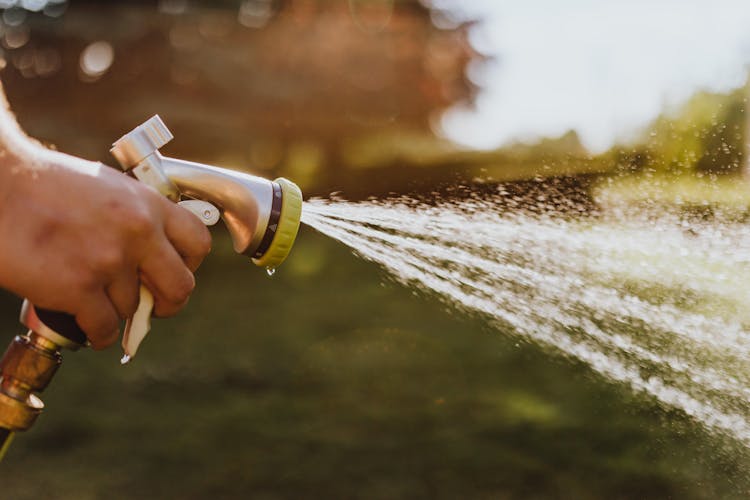
4. Learn Proper Watering Techniques
Watering is critical to plant health, but over-watering or under-watering can lead to issues like root rot or dehydration. As a beginner gardener, understanding how and when to water is essential.
- Tip: Water early in the morning or late in the evening when the sun is not too strong. This helps prevent water from evaporating before it reaches the roots.
- Soak, Don’t Spritz: Water plants deeply once or twice a week rather than giving them light daily spritzes. Deep watering encourages roots to grow deeper into the soil.
- Check Moisture: Stick your finger about an inch into the soil. If it's dry at that depth, it’s time to water.

5. Mulch Your Garden
Mulching is a simple way to improve the health of your garden by retaining soil moisture, regulating temperature, and suppressing weeds.
- Tip: Spread a 2-3 inch layer of organic mulch (such as shredded leaves, bark, or straw) around your plants. Avoid piling mulch against plant stems, which can lead to rot.
- Benefits: Mulching also adds organic material to the soil as it breaks down, further improving soil fertility over time.
6. Weed Regularly
Weeds can steal nutrients, water, and sunlight from your plants, so it’s important to keep them under control.
- Tip: Check your garden for weeds once a week and remove them by hand. Make sure to pull them up by the roots to prevent them from growing back.
- Prevention: Mulching can also help reduce weed growth by blocking sunlight from reaching the soil surface.
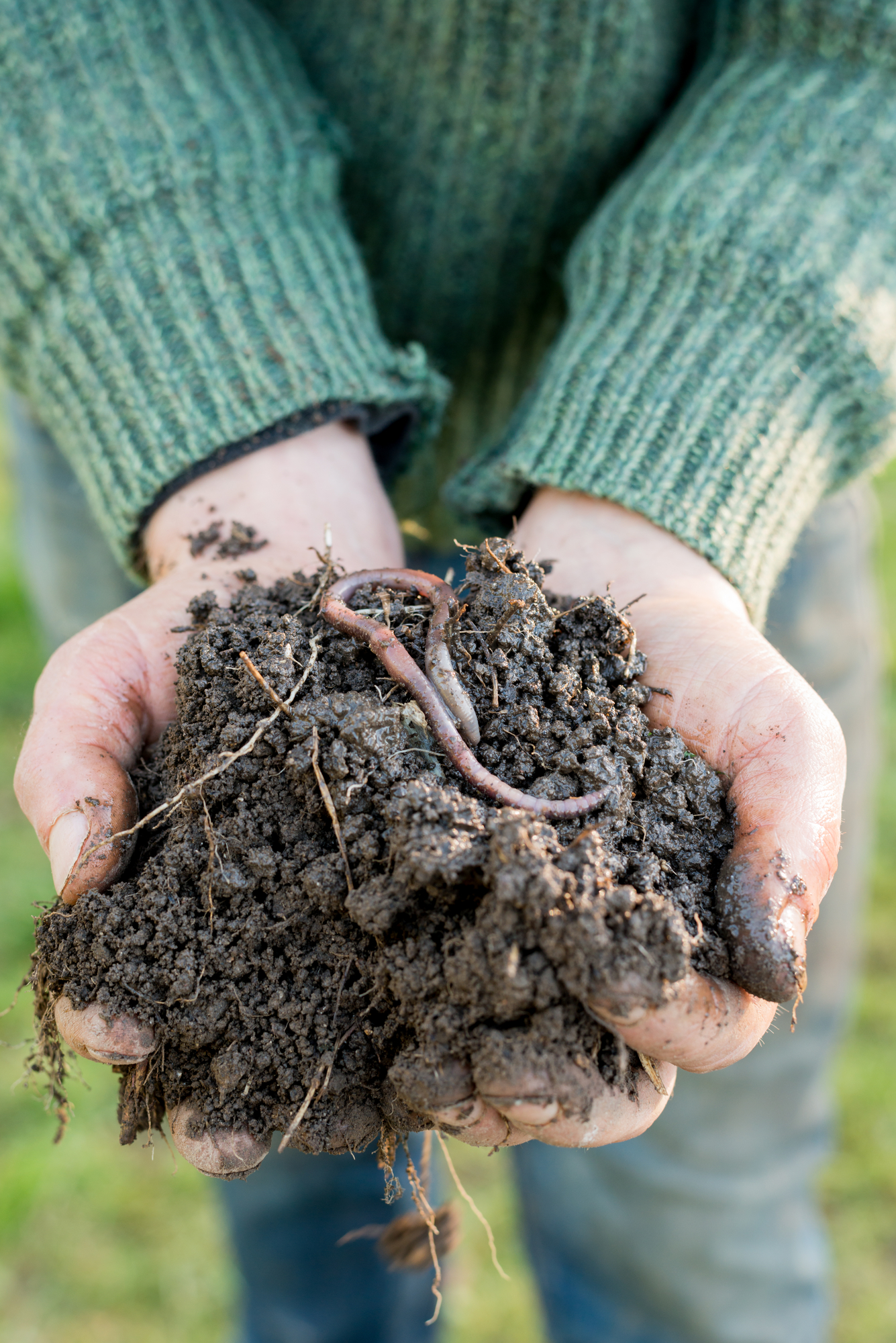
7. Fertilize Wisely
Plants need nutrients to thrive, and while some soils are naturally rich in nutrients, others may need a little boost.
- Tip: Use organic fertilizers such as compost, fish emulsion, or bone meal. These not only provide essential nutrients but also improve soil health over time.
- Frequency: Apply fertilizer according to the plant’s needs. Vegetables, for example, often benefit from fertilizing every few weeks during the growing season.
8. Start a Compost Pile
Composting is an eco-friendly way to recycle organic waste and create nutrient-rich compost that can be used to improve your garden soil.
- Tip: Start a small compost pile or invest in a compost bin. Add kitchen scraps (like vegetable peels, coffee grounds, and eggshells), yard waste, and grass clippings. Avoid adding meat, dairy, or diseased plants.
- Turning Your Compost: Regularly turn your compost pile to aerate it and speed up decomposition. Within a few months, you'll have a pile of rich compost to mix into your garden soil.
9. Give Plants Enough Space
Overcrowding plants can lead to competition for resources such as light, water, and nutrients, ultimately stunting their growth.
- Tip: Check plant labels or seed packets for the recommended spacing between plants and follow these guidelines carefully. If you’re unsure, a general rule of thumb is to space plants about the same distance as their mature height.
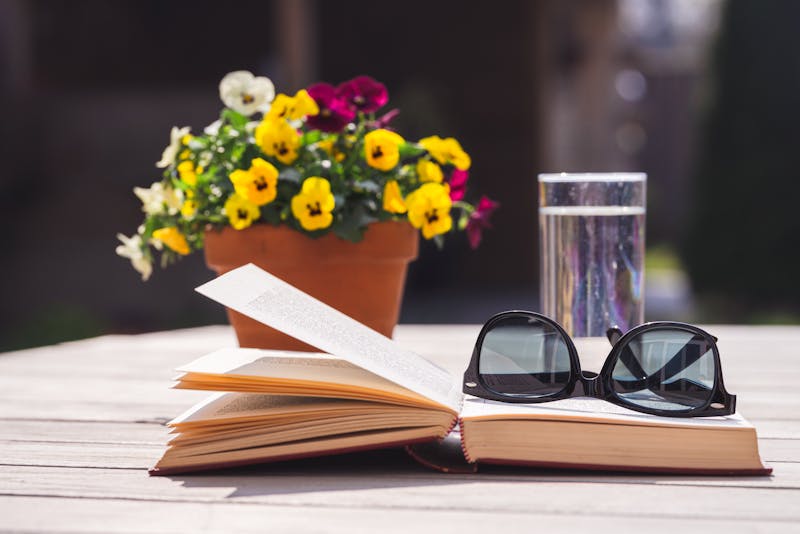
10. Be Patient and Keep Learning
Gardening is a skill that takes time to master. It’s natural to make mistakes along the way, but the key is to learn from them and continue improving your gardening skills.
- Tip: Keep a garden journal to track your successes and challenges. Record the types of plants you’ve grown, weather patterns, and how often you water or fertilize.
- Experiment: Don't be afraid to try new plants or techniques as you gain confidence.
11. Protect Your Garden from Pests
Pests are a common issue in gardening, but they can be managed with proper prevention and control techniques.
- Tip: Inspect your plants regularly for signs of pests such as chewed leaves or discolored spots. Common garden pests include aphids, slugs, and caterpillars.
- Natural Solutions: Introduce beneficial insects like ladybugs, which feed on pests, or use natural insect repellents such as neem oil. For larger pests like rabbits, consider installing fencing around your garden.
12. Know When to Harvest
If you're growing fruits, vegetables, or herbs, timing your harvest correctly is crucial to getting the best flavor and nutritional value from your crops.
- Tip: Harvest fruits and vegetables when they are ripe, but not overripe. Each plant has its own ideal harvest time, so research the specific requirements for your crops.
- Frequent Harvesting: Some plants, such as lettuce and herbs, can be harvested multiple times throughout the season, promoting new growth after each picking.
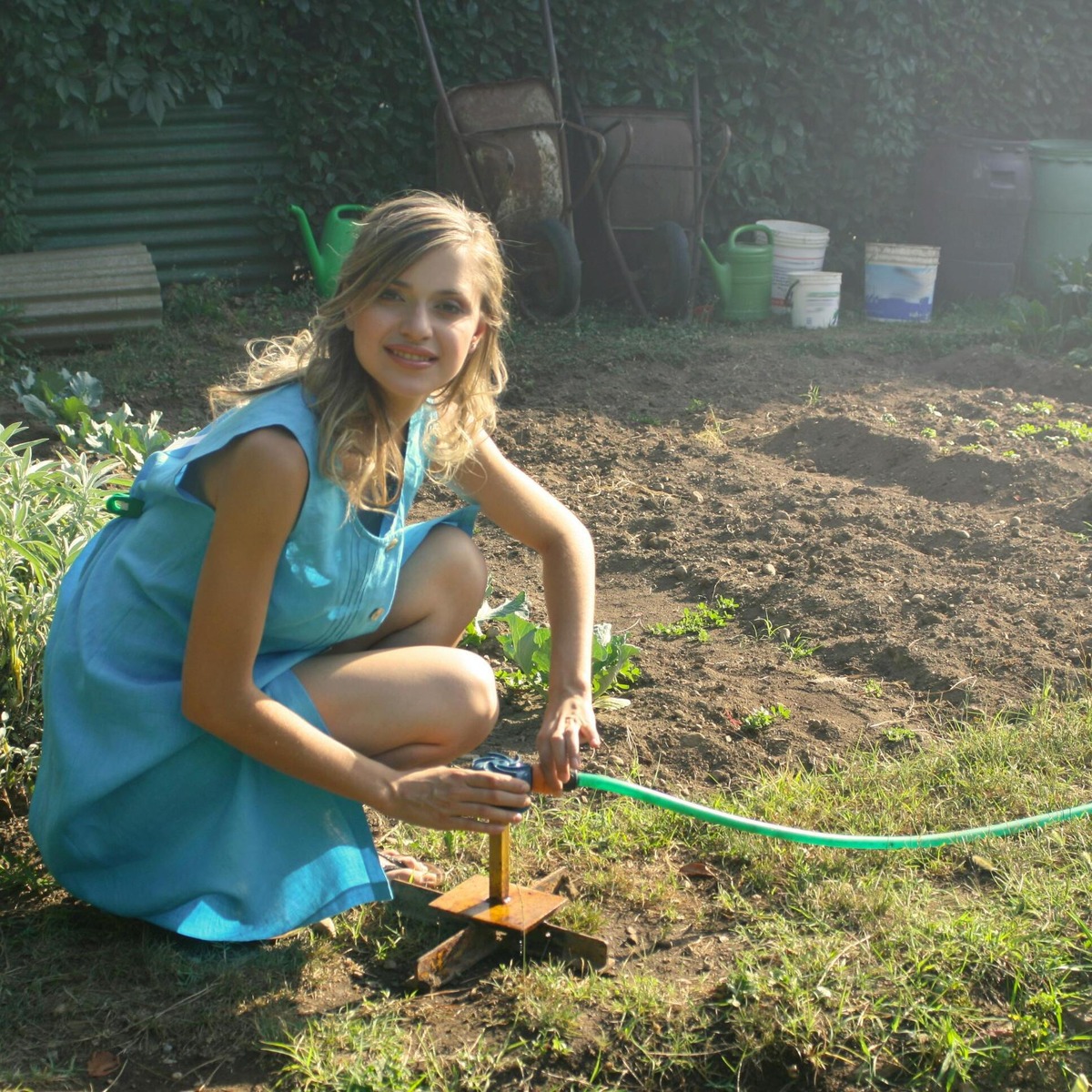
Conclusion
Gardening for dummies can be incredibly rewarding when approached with patience and the right knowledge. By starting small, selecting the right plants, understanding your soil, and practicing good watering techniques, you'll be well on your way to growing a thriving garden. Remember, gardening is a continual learning process, so don’t get discouraged by minor setbacks. Keep experimenting, stay curious, and enjoy the fruits of your labor—both literally and figuratively!
Happy gardening!
